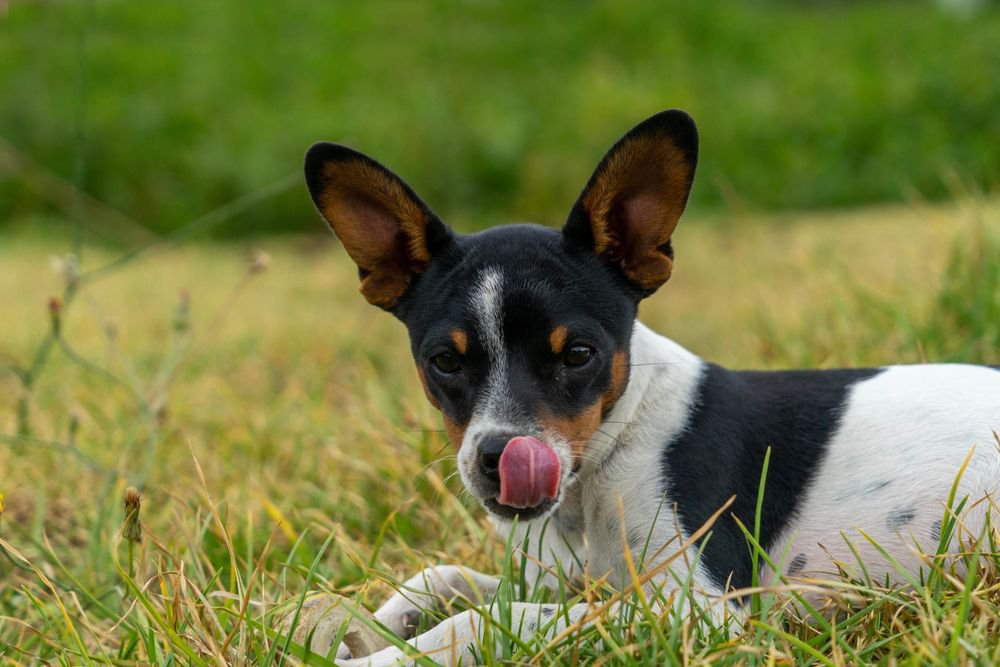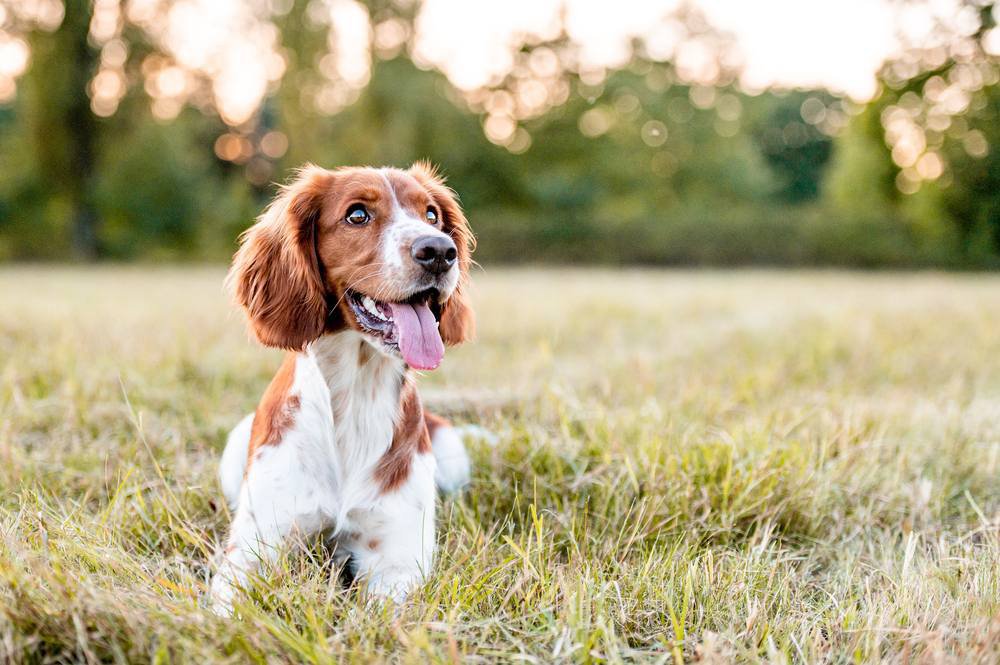Dog Allergies: What to Look For and Treatment
Dog Allergies: What to Look For and Treatment
Did you know puppies and dogs can suffer from allergies, just like us? Allergic reactions are when the body’s immune system has a reaction to a foreign substance it considers harmful, like certain foods or environmental factors like dust or pollen. Allergies in dogs are very common – and with proper treatment, dogs with allergies can live happy and healthy lives.
Types of Allergies

A dog can have different types of allergies. These can be caused by things like allergies to fleas, food, and the environment. Skin allergies are the most common allergic reaction for our canine companions and can lead to a risk of a secondary infection.
Flea Allergies
Some dogs are allergic to flea saliva. When a dog is bitten by one of these pesky critters, they can have an allergic reaction to the flea bite (known as flea allergy dermatitis). This results in an extremely itchy dog, especially near the base of its tail. When a dog is bitten by fleas, their skin can also become red, scabbed, and inflamed. To look for fleas, keep an eye out for 'flea dirt' (tiny black dots — this is the waste (aka poop) that fleas leave behind), or the fleas themselves.

Environmental Allergies

There are a wide range of different environmental allergens out there. Some are around all year long, such as dust or mites, while others can be seasonal, like pollen or mold. Because of their seasonality, you may only notice your dog's allergy symptoms during certain times of the year.
Environmental allergens can be triggered by breathing them in or direct contact, and dogs with these types of allergies frequently lick or rub the affected area. The most commonly affected areas are the paws and ears, which can become very itchy and red. You may also see these symptoms on a dog's face, armpits, belly, in between their toes, or legs. Dogs with these types of allergic reactions can also experience fur loss and frequent skin infections.
Food Allergies & Sensitivities
Dogs with food allergies and sensitivities can experience a lot of the same skin symptoms as environmental allergies, like itchy paws or ears. They may also have gastrointestinal issues such as vomiting or diarrhea.

What Do Allergic Reactions Look Like?

The most common types of allergic reactions in dogs are:
- Itchy skin, eyes, and ears
- Runny eyes
- Red, inflamed skin
- Hives
- Frequent licking or face rubbing
- Diarrhea
- Vomiting
- Recurring skin and ear infections
Severe allergic reactions can also occur. This can lead to anaphylaxis — a potentially fatal reaction if not treated by a vet as quickly as possible. It's recommended to keep an eye on your dog when introducing new foods, vaccines, and drugs in case they do have a reaction. Bee stings can also trigger an anaphylactic response. Thankfully, anaphylactic reactions are rare in dogs.
Allergy Diagnosis
Depending on the cause, there are different recommendations and treatments available. If it's a food allergy or sensitivity, avoiding the allergen and a change in diet is the best course of action. If it's flea-related, a treatment to kill the fleas will be suggested. Your vet may also prescribe medication to help relieve your dog's allergy symptoms.

How To Treat Allergies

Depending on the cause, there are different recommendations and treatments available. If it's a food allergy or sensitivity, avoiding the allergen and a change in diet is the best course of action. If it's flea-related, a treatment to kill the fleas will be suggested. Your vet may also prescribe medication to help relieve your dog's allergy symptoms.
If you're looking to change your dog's diet or avoiding certain ingredients, let our team at Puppyland know! We can help recommend the right food and treats for your canine companion.
